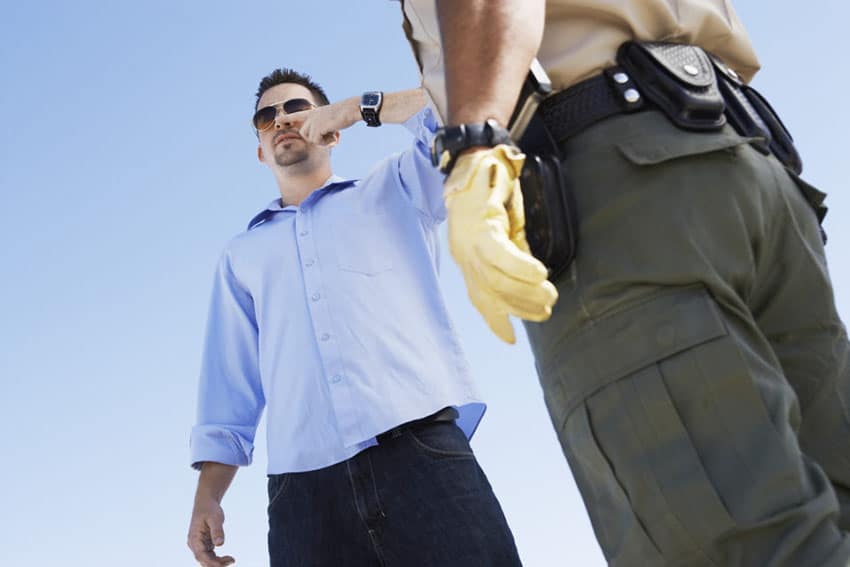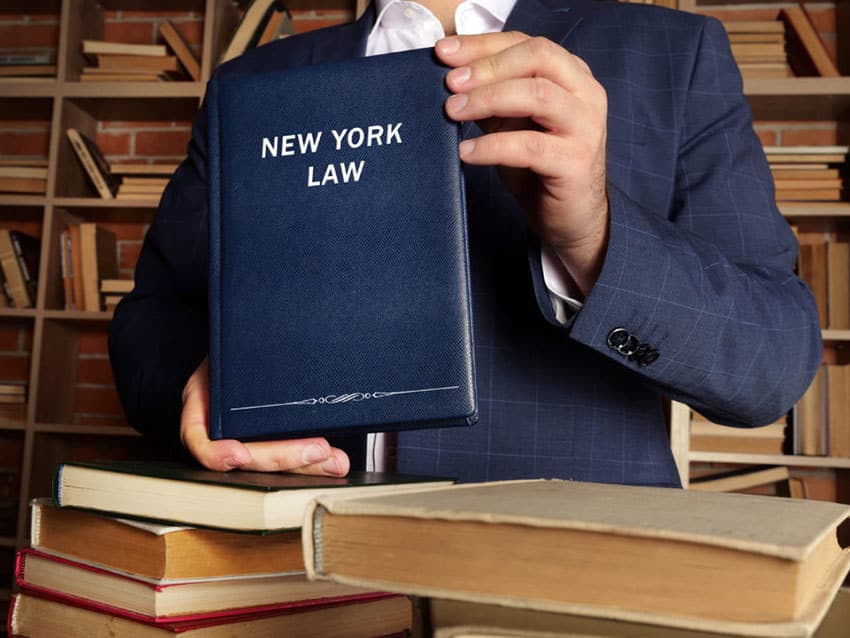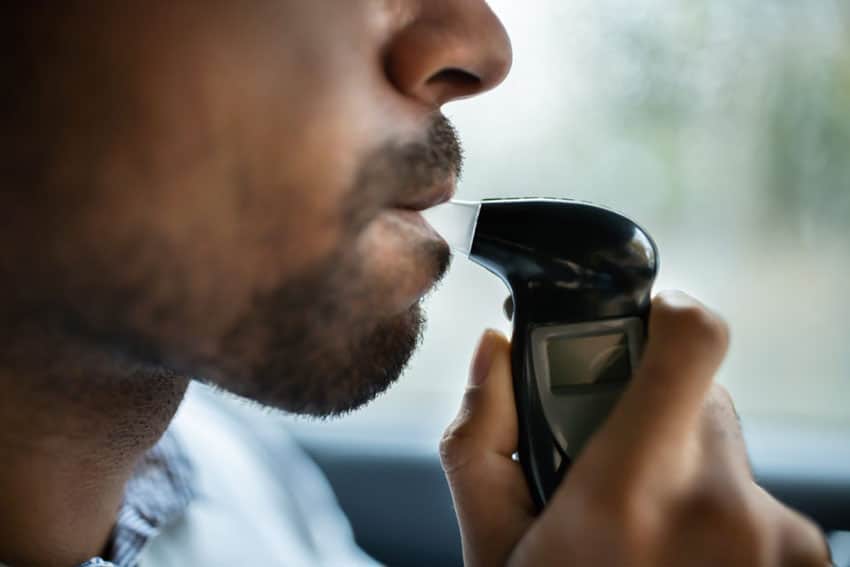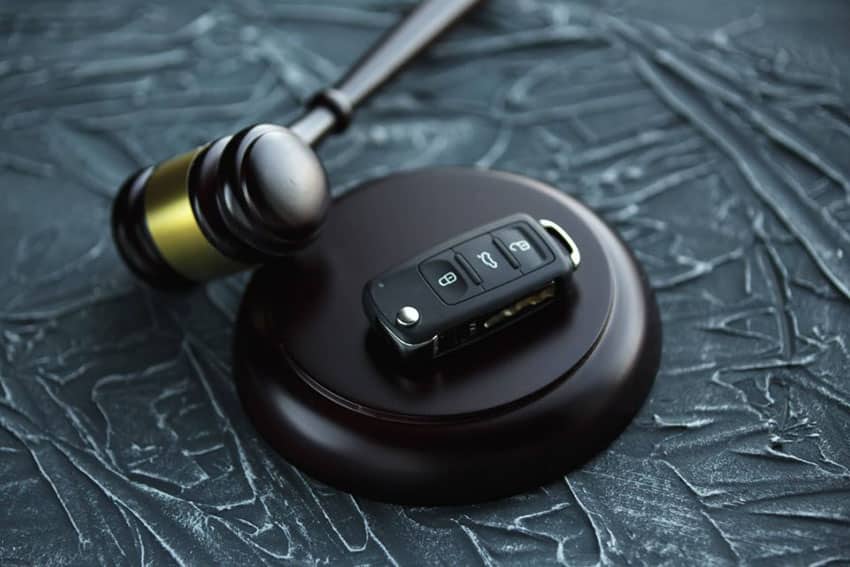The police are permitted to use roadblocks to stop drivers at specified locations to identify alcohol-impaired drivers. These locations are called sobriety checkpoints. Sobriety checkpoints are often established at times when drinking and driving are very prevalent, such as holidays and weekends. Sobriety checkpoints are a visible way that law enforcement agencies try to deter potential DWI offenders as well as catch DWI violators.

The Legality of Sobriety Checkpoints
The U.S. Supreme Court considered the legality of sobriety checkpoints in the case of Michigan v. Sitz. In Sitz, The Court found that checkpoints constitute a seizure for Fourth Amendment purposes but that sobriety checkpoints are reasonable and permissible under certain conditions, despite the fact that the law generally forbids law enforcement officers from stopping drivers unless there is a suspicion that the drivers have violated the law. The Court found that that the dangers posed by drunk driving outweighed the Fourth Amendment intrusion. Many jurisdictions that conduct sobriety checkpoints require the checkpoint to be publicized. The National Highway Traffic Safety Administration has its own guidelines on sobriety checkpoints and encourages agencies to aggressively publicize the checkpoints. Proponents of sobriety checkpoints see this publicity as key to their deterrence effect and believe that deterrence of drunk driving is more important than actual arrest rates in DWI cases.
New York courts have upheld the constitutionality of sobriety checkpoints. The cases that have considered the issue have also found that for sobriety checkpoints in New York to be held constitutional under the Fourth Amendment, law enforcement agencies must prove that the purpose of the checkpoint in question was DWI related. In a case reported by the Insurance Institute for Highway Safety, People v. Scott, the court held that for a sobriety checkpoint to be constitutional it: (1) may not intrude to an impermissible degree upon the privacy of motorists approaching the checkpoint, (2) must be maintained in accordance with a uniform procedure which affords little discretion to operating personnel and (3) must utilize adequate precautions as to safety, lighting and fair warning of the existence of the checkpoint.
In a more recent case, People v. Castiner, the defendant argued that he was unlawfully seized under the Fourth Amendment because a sobriety checkpoint was unconstitutional. The court held that the sobriety checkpoint could be upheld under the Fourth Amendment because the stop in question was conducted in a neutral or non-arbitrary manner, the intrusion on the defendant motorist was limited, and the stop furthered an important law enforcement purpose.
What Does a Sobriety Checkpoint Entail
In New York, as in other states that allow sobriety checkpoints, police officers who pull over a suspected DWI offender may require the suspect to submit to a breathalyzer test. The breathalyzer test measures blood alcohol concentration by analyzing a suspected DWI offender’s breath. The testing procedure at sobriety checkpoints is determined on a state-by-state basis. Some routines may also include having the driver step out of the car to perform a series of field sobriety tests. New York police officers are required to take caution at sobriety checkpoints in order to ensure that the length of detention of the driver is not too long and cumbersome of a delay. There are also limits set on the length of time the checkpoints are allowed to be active on any given public road.
The attorneys with the DWI Team are experienced in handling DWI cases. If you need a lawyer who can help you obtain the best possible outcome in your DWI case, contact the DWI Team today.
DISCLAIMER: The exclusive purpose of this article is educational and it is not intended as either legal advice or a general solution to any specific legal problem. Corporate offices for The DWI Team are located at 231 Walton Street, Syracuse, New York 13202; Telephone No.: 1-800-394-8326. Prior results do not guarantee a similar outcome.












